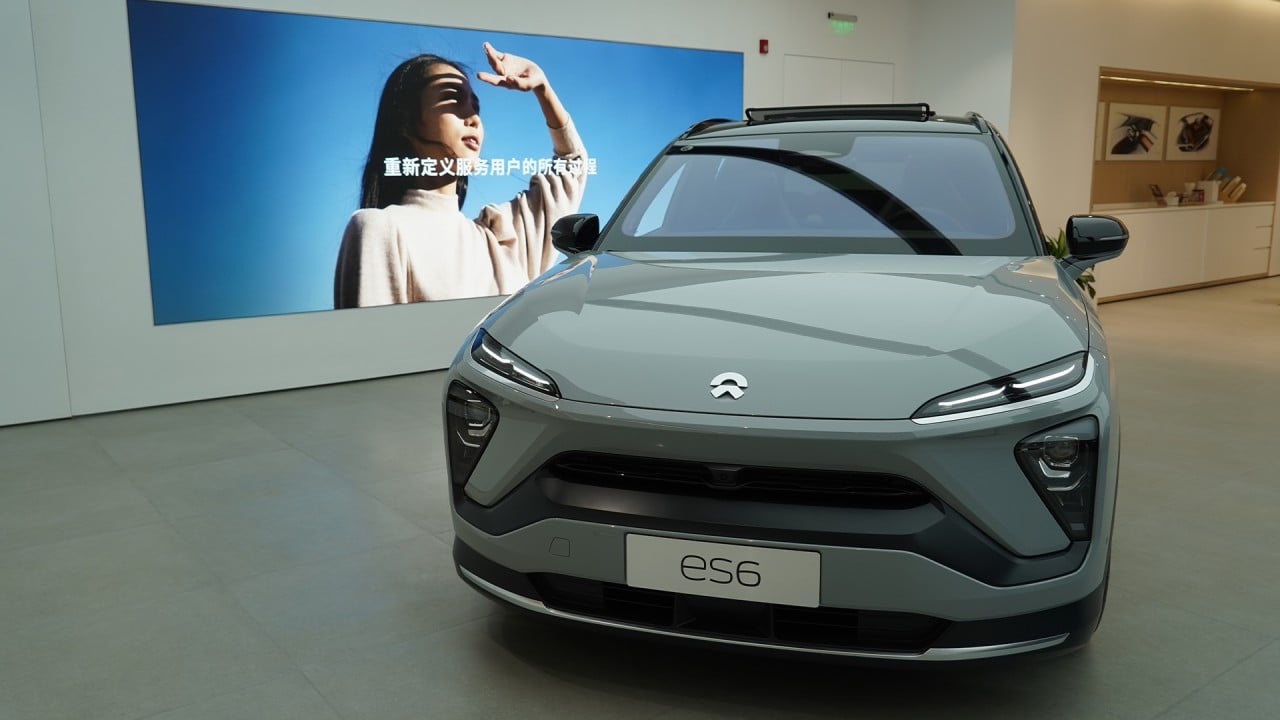Xpeng posts record 200 per cent jump in revenues, but China’s Covid-19 lockdowns to hit first-quarter deliveries
- Xpeng’s revenues of 8.56 billion (US$1.34 billion) for the quarter ended December beat analysts’ estimates of 8.12 billion yuan
- Xpeng’s forecast of 33,500 to 34,000 car deliveries in the first quarter are lower than the market estimates of 38,300 units

Chinese smart electric vehicle start-up Xpeng Motors on Monday reported record quarterly revenues amid soaring demand for its cars, beating market expectations.
But its delivery volume in this year’s first three months could fall below analysts’ estimates as Covid-19 outbreaks in major cities like Shanghai and Shenzhen dampen buyers’ enthusiasm and disrupt sales in March.
Shanghai is currently in the midst of a lockdown, while the southern tech hub of Shenzhen exited one last week.
Guangzhou-based Xpeng posted a 200 per cent year-on-year jump in revenues to 8.56 billion (US$1.34 billion) for the quarter ended December 31, exceeding analysts’ median estimate of 8.12 billion yuan in a Bloomberg survey.
“Xpeng, banking on new model launches and technological upgrades, is establishing itself as a powerful carmaker in China,” said Chen Jinzhu, CEO of Shanghai Mingliang Auto Service. “But the recent Covid-19 pandemic could dent its sales in the first quarter.”
Backed by e-commerce giant Alibaba Group Holding, which also owns this newspaper, and smartphone maker Xiaomi, Xpeng’s net loss in the fourth quarter widened 63.5 per cent to 1.29 billion yuan.

